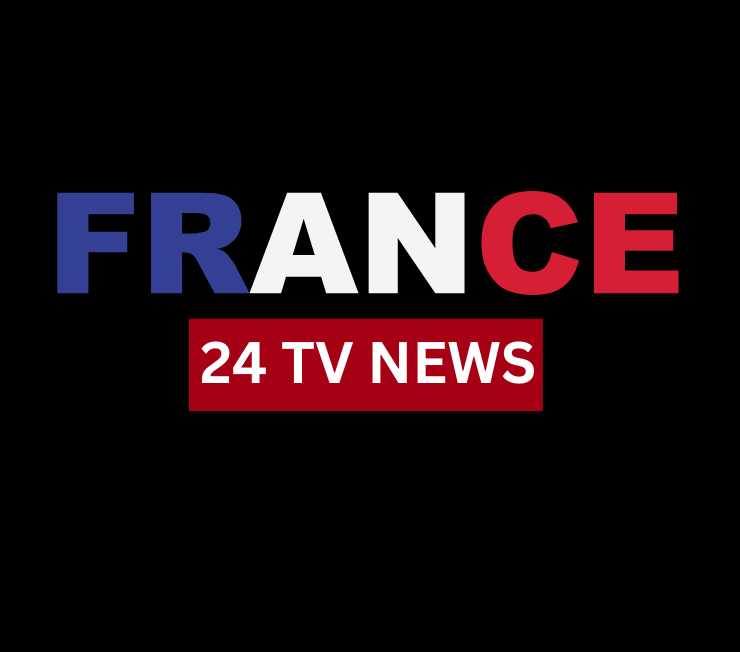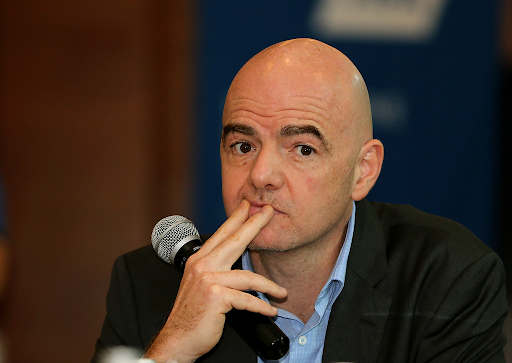FIFA is holding the line at 48 teams, signaling that it will not pursue a 64-team World Cup format for the 2030 edition. The decision prioritizes the quality and prestige of the tournament over a push for radical expansion, a position that has become clear following a recent meeting between FIFA’s president and South American football officials in New York.
The proposal for a 64-team tournament was championed by leaders from Uruguay, Paraguay, and Argentina. Their meeting with Gianni Infantino was the first formal presentation of an idea that would dramatically reshape the global football landscape. The expansion would massively benefit the South American confederation, Conmebol, by creating enough slots for all of its member nations to potentially qualify for the finals.
However, the pitch has fallen on infertile ground within FIFA’s decision-making circles. Insiders report that the prevailing mood within the FIFA Council is staunchly against the expansion. The primary concerns revolve around a potential decline in the quality of competition, with fears that the tournament would become bloated with too many non-competitive fixtures, ultimately harming its commercial viability.
This internal opposition is backed by powerful external voices. Aleksander Ceferin, the president of UEFA, dismissed the proposal as a “bad idea” that would harm the tournament and its qualification process. His concerns are shared by Concacaf president Victor Montagliani, highlighting a rare unity among some of football’s most influential confederations against further expansion.
As the football world prepares for the inaugural 48-team World Cup in 2026, the governing body appears to have drawn a line in the sand. The 2030 centenary tournament, already a complex six-country, three-continent affair, will not be complicated further by another expansion. FIFA’s message is clear: for the World Cup, bigger isn’t always better.

